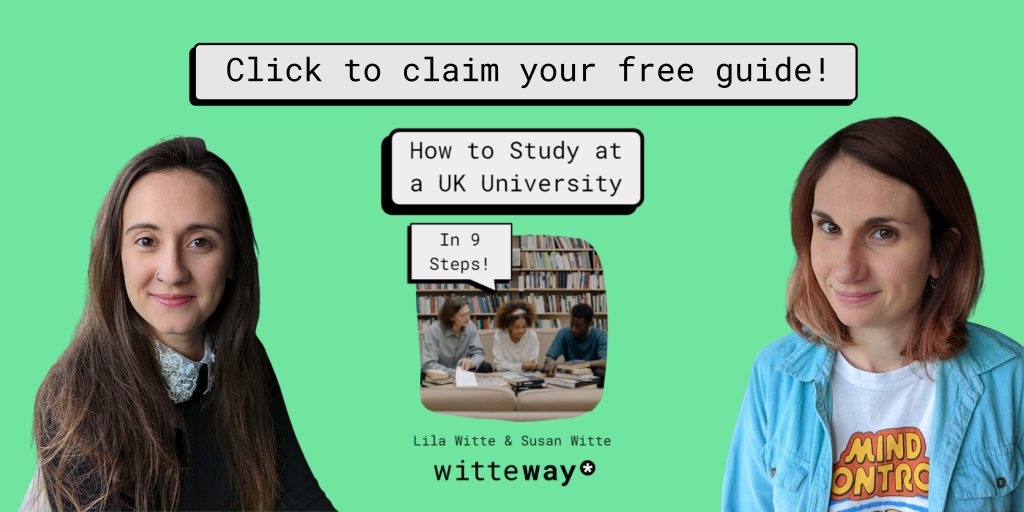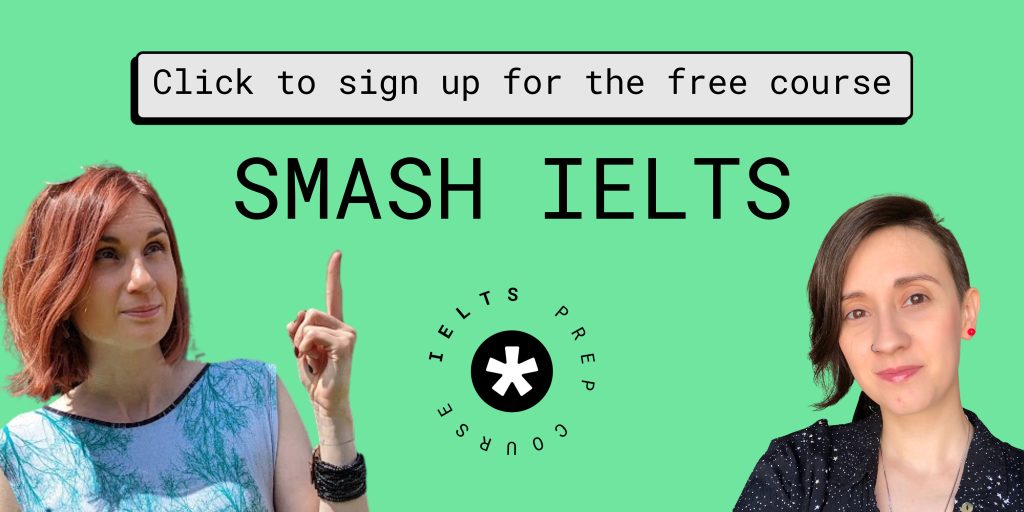When it comes to learning, our brains are our most valuable tool. To keep it sharp, there are quite a few things you can do, but it helps to understand why we are doing it. I will briefly explain how the brain works and then suggest what you can do to keep it in a state that is ideal for learning.
One important part of the brain that is responsible for learning is the pre-frontal cortex (the area just behind our foreheads). I’ll call it PFC, for short. The PFC does more complicated thinking, so when we use logic, focus, solve problems or learn something new, we are using this area of the brain. However, this part of the brain requires a lot of energy. That’s why it is very difficult to concentrate or learn when we are hungry or tired: our PFCs just don’t have enough energy to work properly.

Another part of our brains, the one just above our necks, works differently. This is a combination of smaller parts, so I will call it lower brain. The lower brain is responsible for lots of essential things, like breathing and heartbeat, so no matter how little energy you have, it will still be working. After all, if that stops working, we will die. The lower brain is also responsible for our emotions. This is when things get complicated.
Emotions happen through hormones, which are little molecules the lower brain releases when things happen. For example, when something nice happens, happy hormones are released and we feel happy. When something bad happens, another set of hormones floods our brain, making us feel sad or angry. There are 6 main hormonal forces that interest us here: PLAY, CARE, SEEKING, RAGE, FEAR and PANIC/GRIEF. Can you guess which ones are related to positive emotions and which ones are connected to negative emotions?
RAGE, FEAR and PANIC/GRIEF are the negative ones. These tend to trigger our fight or flight mode. That’s our body trying to survive. For example, if you are walking in the forest and you suddenly see a bear, your FEAR hormones will be trigger and all of your energy will be converted to these options: fight the bear or run from the bear. There is no time to learn or solve maths problems, so your PFC is not going to receive all the energy it needs to do these things. Instead, all your energy will be focused on surviving the threat of the bear.
Of course, we don’t see bears very often. However, little things can trigger the same hormonal forces to a smaller scale: relationship problems, traffic, money issues, work stress, etc. They activate the negative hormonal forces and take energy away from the PFC. When we are stressed, feeling sad, frustrated, etc, it is more difficult to learn, so we want to avoid these emotions. Easier said than done, right? How can we put our brains in a state that is good for learning?
One thing we can do is to activate the other three hormonal forces, the positive ones: CARE, PLAY and SEEKING. These are related to emotions that calm our brains down and help direct more energy to our PFC. Here are the things we can do to activate these happy hormonal forces:
CARE – This one is related to feeling like we belong, like we are part of a group and that we are loved. CARE is activated when we socialise and spend time we people we like or love. When we talk and people listen, when we feel valued, this is will help our brains release the CARE hormones. Therefore, hanging out with friends, being part of groups or clubs, working as a team and just chatting can all activate CARE.

PLAY – This is the fun one. Play is activated when we are having fun and doing the things that we like. Hobbies, games, sports and anything else you find fun will activate PLAY.

SEEKING – Do you know that feeling when we are curious about something and want to know more? That’s SEEKING. When we discover new things, new people, new places and have new experiences, that’s SEEKING being activated. Reading books and articles, watching films or documentaries, or anything that makes you want to know what will happen next is also activating SEEKING.

Therefore, to make your learning more effective, you can do it at the same time or soon after doing the things that activate CARE, PLAY and SEEKING. If you want to learn more and get specific examples of what you can do to learn English faster by using your brain effectively, stay tuned. We have a free online event coming soon where we are going to teach you how to do just that.
Interested? Let us know in the comments and we will send you an invite! 😊
Take your English to the next level with our English + IELTS Prep course!







Recent Comments